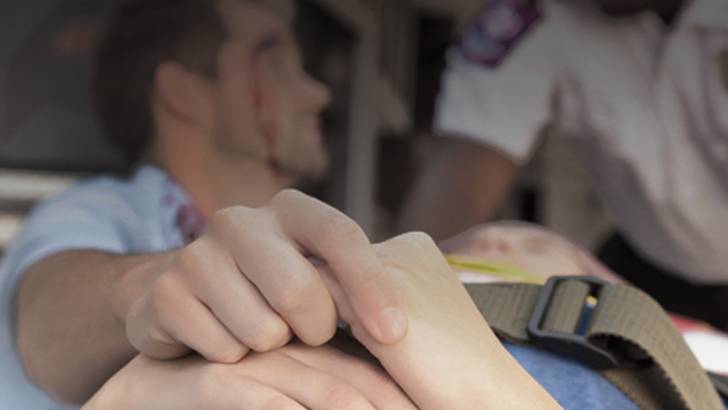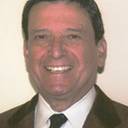Long after the clean-up process from the Deepwater Horizon oil spill is complete along the Gulf of Mexico, we'll still be examining the health effects of this catastrophe. While there is a wealth of information on the health effects of specific contaminants, the effects are less known regarding mixtures of contaminants. What are some of the immediate and potential long-term health risks (both mental and physical) of this disaster? Dr. Maureen Lichtveld, professor and chair of the department of environmental health sciences at the Tulane University, School of Public Health and Tropical Medicine in New Orleans, Louisiana, discusses the role of physicians in this type of public health disaster. How are we identifying the populations most at risk of experiencing health effects from the oil spill, and what are some of the most effective risk communication strategies for these populations? What types of surveillance methods are being used? What can we learn from this disaster to be more prepared for the next? Dr. Maurice Pickard hosts.
ReachMD
Be part of the knowledge.™We’re glad to see you’re enjoying ReachMD…
but how about a more personalized experience?
Health Effects of the Gulf Oil Spill
Recommended
Overview
Long after the clean-up process from the Deepwater Horizon oil spill is complete along the Gulf of Mexico, we'll still be examining the health effects of this catastrophe. While there is a wealth of information on the health effects of specific contaminants, the effects are less known regarding mixtures of contaminants. What are some of the immediate and potential long-term health risks (both mental and physical) of this disaster? Dr. Maureen Lichtveld, professor and chair of the department of environmental health sciences at the Tulane University, School of Public Health and Tropical Medicine in New Orleans, Louisiana, discusses the role of physicians in this type of public health disaster. How are we identifying the populations most at risk of experiencing health effects from the oil spill, and what are some of the most effective risk communication strategies for these populations? What types of surveillance methods are being used? What can we learn from this disaster to be more prepared for the next? Dr. Maurice Pickard hosts.



Facebook Comments